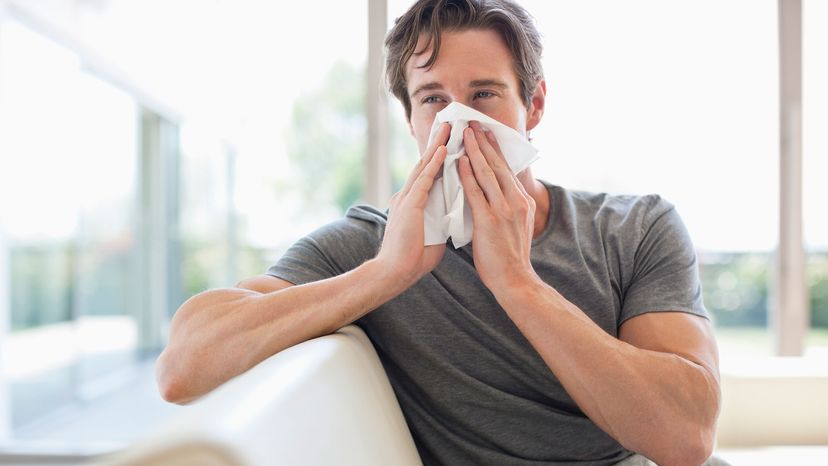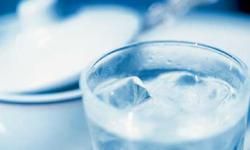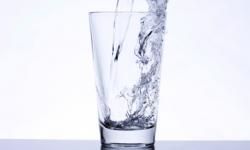
Every morning, you wake up with a sore throat, a hacking cough, or simply clearing your throat -- or you may just feel as if something has settled in the back of your throat. Any of those experiences could mean that you've got postnasal drip.
On any given day, you've got a liter (2 pints) or more of mucus running down the back of your throat. That's an awful lot of slime running through your head, but it serves a significant purpose. Mucus acts as a broom, cleaning out the nasal passages. It kicks out bacteria, viruses, and other infection-causing invaders and clears out other foreign particles. Mucus also helps humidify the air that travels in your body, keeping you and your insides comfortable. Unless you think about it, you probably don't even notice all that mucus making its way down your throat. But if you become acutely aware of mucus in the back of your throat or feel as if someone has turned on a faucet in your head, you're probably dealing with postnasal drip.
Advertisement
Postnasal drip happens when mucus production goes awry. There may be an overproduction of mucus, which gives you that typical drip, drip, drip feeling in the back of your throat. In that case, the mucus is clear, thin, and very runny. At the other extreme is thick, sticky mucus that is yellow or green. This kind of mucus occurs when mucus production slows down and thickens, hanging around in the throat. Both types can make you miserable when you're already feeling fatigued, feverish, or just altogether rotten.
Many factors can trigger a change in mucus production, including allergies, air pollution, colds/flu, cold air, deviated septum, dusty/smoky conditions, age, pregnancy, nasal or sinus polyps and sinus infections. Antihistamines, diuretics, and some tranquilizers can also dry up mucus production. When those commercials say that a product gives you "dry mouth," you can bet it gives you a dry nose and throat, too.
Some home remedies can ease the symptoms of postnasal drip and might be able to prevent the problem. Keep reading to learn more.
This information is solely for informational purposes. IT IS NOT INTENDED TO PROVIDE MEDICAL ADVICE. Neither the Editors of Consumer Guide (R), Publications International, Ltd., the author nor publisher take responsibility for any possible consequences from any treatment, procedure, exercise, dietary modification, action or application of medication which results from reading or following the information contained in this information. The publication of this information does not constitute the practice of medicine, and this information does not replace the advice of your physician or other health care provider. Before undertaking any course of treatment, the reader must seek the advice of their physician or other health care provider.



